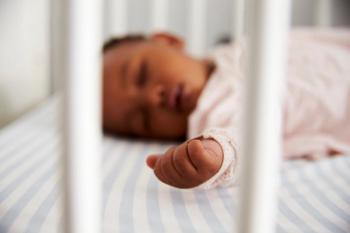
Transgender kids not confused on gender identity
The gender identity expressed by transgender children is deeply rooted and not the result of confusion or pretense, a new study indicates.
The
In one of the first studies to use implicit measures (automatic gender associations beyond conscious awareness) as well as conscious
The researchers used both self-report (explicit) tools that asked children to reflect on aspects of their gender and implicit evaluations aimed at assessing how strong the children’s more automatic gender associations were. They employed the
On both implicit and explicit measures, data patterns for the transgender children were generally indistinguishable from findings for the cisgender children. Transgender children demonstrated strong implicit identification with their expressed gender on the IAT in the same fashion as cisgender children. On explicit measures of
The researchers conclude that “while future studies are always needed, our results support the notion that transgender children are not confused, delayed, showing gender-atypical responding, pretending, or oppositional-they instead show responses entirely typical and expected for children with their
Skepticism about whether children who haven’t gone through
The researchers hope to recruit and follow as many as 100 transgender children into adulthood to investigate the impact on their development of receiving support for their gender identity in childhood and determine whether they experience more positive outcomes than today’s transgender adults. They note that the project would be the first large-scale, nationwide, longitudinal study of transgender children in the United States.
The study findings will be published in Psychological Science, a journal of the
Newsletter
Access practical, evidence-based guidance to support better care for our youngest patients. Join our email list for the latest clinical updates.








